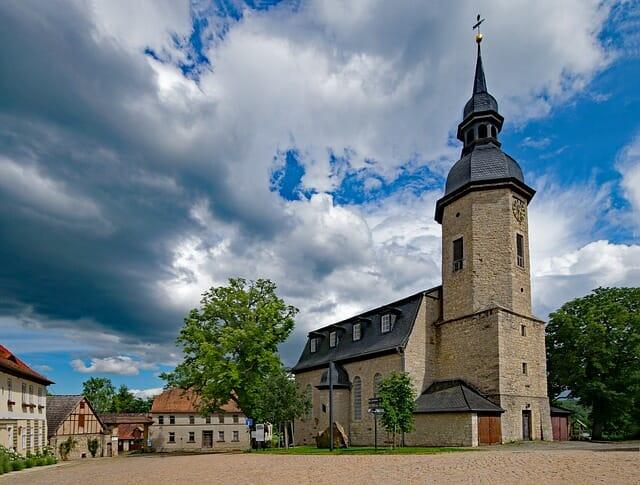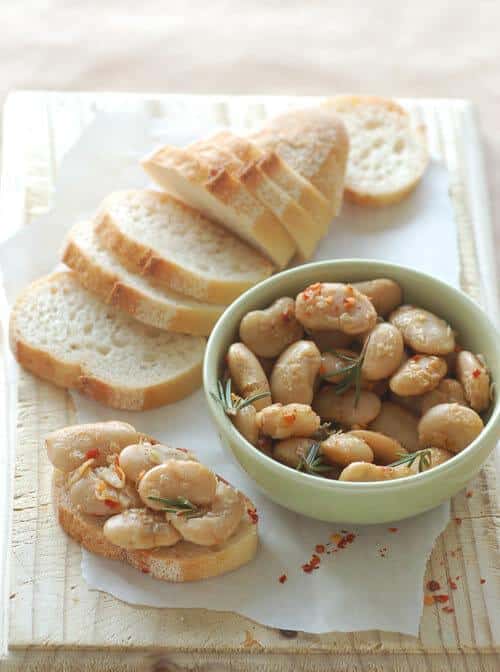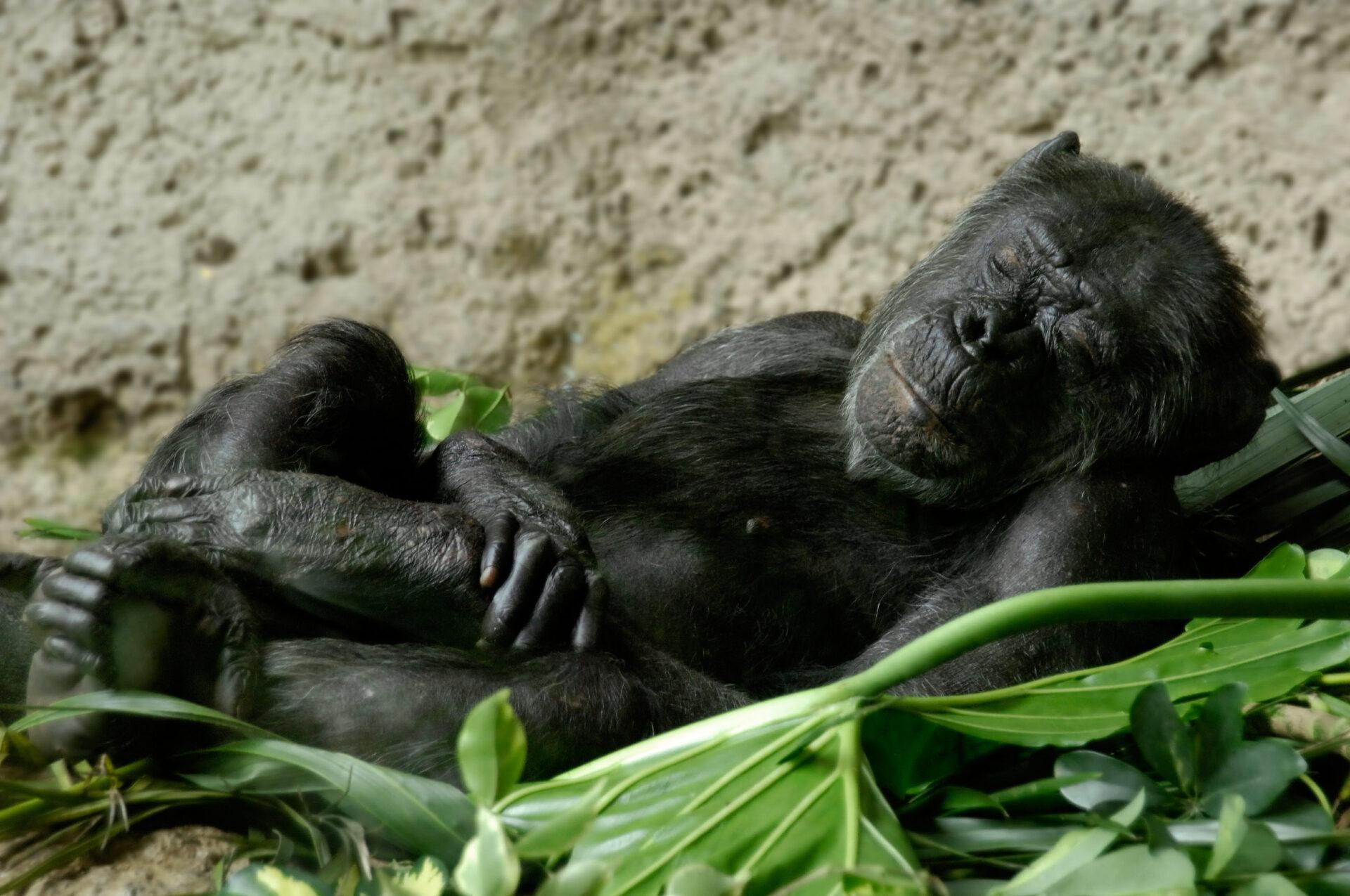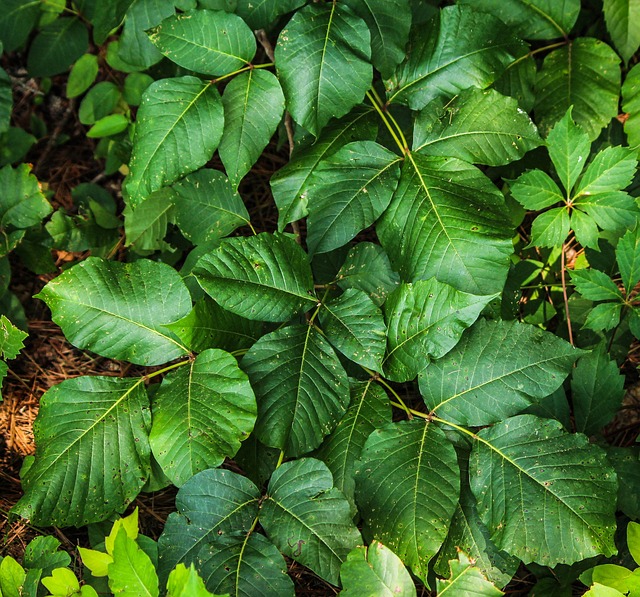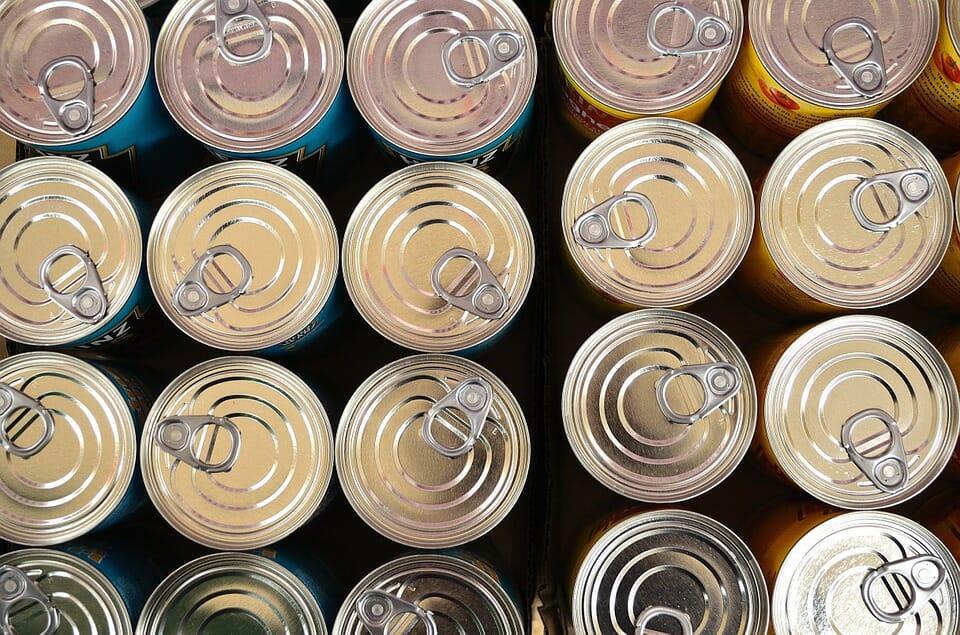
“Someday it’s all going to come down to whether or not we can feed ourselves,” I told my son one day, not long after my husband and I began to realize the importance of being prepared for an uncertain global future.
“No,” my son countered, “it’s going to come down to being able to defend ourselves from those who can’t.”
We were both right, of course. In the several years since that simple conversation, I like to return to it occasionally just to keep myself on track and remind myself of why I do what I do. I am setting the stage for being able to both produce my own food and defend myself from those who are unable to do for themselves.
Nobody knows for sure how close we might be to the end — of our civilization as we know it, or our particular form of government in the United States, or the general world order, or the planet. But if we are indeed teetering on the brink of imminent disaster as some people believe we are, then those two questions will continue to be important to our survival as individuals and as a society.
There are plenty of other human needs, as well, in both present day and whatever the future may bring. Shelter, heat, clean water, clothing, medical care, tools, security and community are but a few of the things which most people consider vital to a desirable quality of life. While those are indeed significant, many of us preparedness-minded people focus on food.
Are Your Prepared For Blackouts? Get Backup Electricity Today!
In an era when so much food comes in boxes and cans, many Americans have little connection to actually producing their own food. They shop for it, carry it home, open the package, and perform finishing touches before eating it — or maybe just go buy it ready-to-eat at a restaurant.
‘Our Food Supply Is Precarious’
But if an emergency happens, what then? How many times have we all seen images on the news of people having to go without basic staples when a disaster rolls through their neighborhood — not just in Third World countries, but right here in America? And it’s not usually because of an end-of-the-world event, but more likely due to temporary power outages and severe weather. It is possible and advisable to store food, but no stockpile lasts forever.
Our food supply is precarious, and people who are aware of that reality know it’s valuable to be able to produce at least some of their own nutritional needs. Agriculture is one of the most common ways to do this, by way of growing vegetables, berries and other perennials, and fruit trees, as well as keeping poultry and livestock for eggs, milk and meat. Fishing and hunting are other effective ways to procure one’s own food, along with foraging for wild plants and mushrooms and tapping trees. Being able to grow, raise, catch or find food for oneself is not only a key component of a self-sufficient lifestyle in the present day, but possibly could end up playing a crucial role in survival one day.
The ability to protect one’s food also might be necessary someday. There always has been and always will be a segment of society who, for whatever reason, see stealing as their best option for acquiring goods. In the case of a major societal meltdown, there are likely to be more people than ever with fewer choices and more urgent needs, making the ability to defend one’s household and one’s possessions more crucial than ever.
Self-defense can be about weapons — from the latest in automatic rifles to homemade bows and arrows and sling shots — but it includes so much more than that. The ability to avoid exposure in high-risk situations, outrun danger, detect the presence of intruders, evaluate others’ intentions, and determine when and how to cooperate with others are all excellent methods of protection, too.
Conducting our everyday lives while being mindful of these two tenets — being able to provide for one’s own food and basic needs, and being able to protect oneself from those who cannot do for themselves — can be challenging sometimes. And when observing the relative ease of how others thrive without expending energy or resources today on preparing for the possibilities of tomorrow, it can be tempting to follow suit. But when food and other goods are in short supply, due to a hurricane or cyberattack or drought or one of hundreds of other possibilities, those of us who have been practicing the basics all along will be glad we did.
Do you agree? Share your thoughts in the section below:






